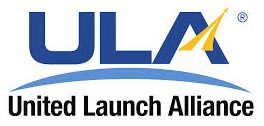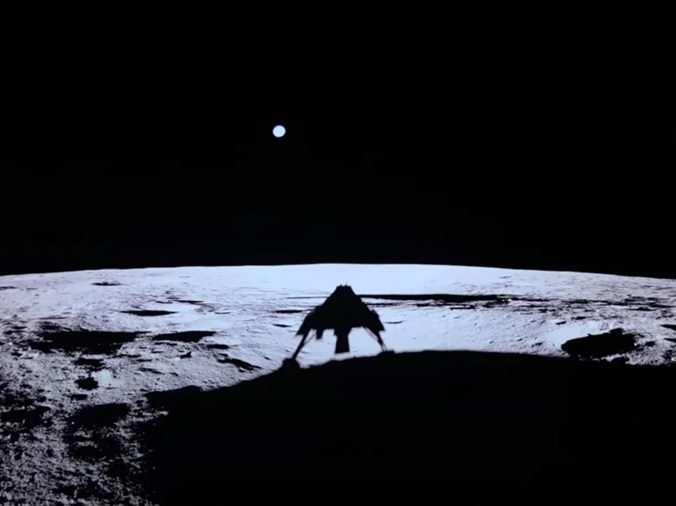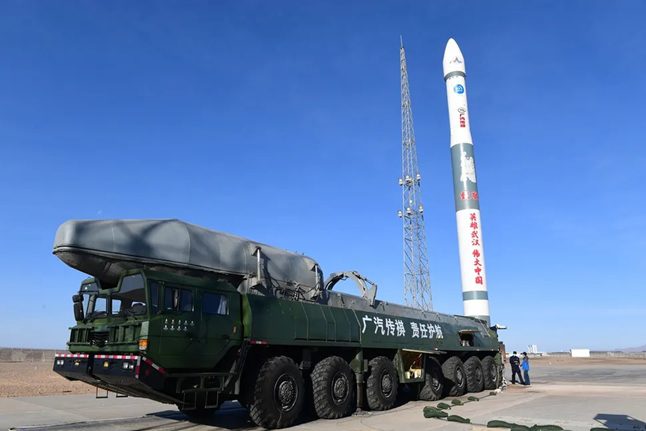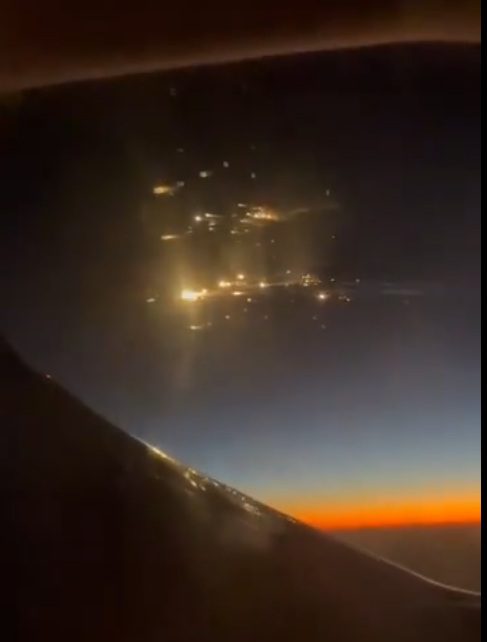Amazon has made its first official contract award for its future LEO satellite internet constellation – known as Project Kuiper. The award, announced on 19 April, was granted to American launch provider United Launch Alliance. ULA has been contracted to provide nine launches utilising its mainstay Atlas V rocket. No details such as contract price or intended launch schedule were publicly released. However, due to ITU regulations Amazon (along with all other big LEO entrants) has to meet constellation deployment conditions. The company has received authorisation for 3,236 satellites and is required to have at least half this number deployed in-orbit by July 2026. It is not yet known how many Kuiper satellites the Atlas V will be able to launch per mission.
This commercial, multi-launch contract is a boon to ULA which usually subsists on providing institutional/military launches to the US Government. The Atlas V is in the process of being replaced by a new launcher, Vulcan Centaur. The maiden flight of this new rocket is planned for later this year.
Comment by Matthew Wilson: Blue Origin (also owned by Amazon CEO Jeff Bezos) is generally believed to be the ideal launch company for this LEO project – it officially denies that it might receive any favouritism when bidding for Kuiper launches. Unfortunately, the development of its reusable orbital rocket, New Glenn, has suffered delays. It is not expected to conduct its maiden launch until “late-2022”. Coupled with regulatory time constraints, this may be a strong driver behind the multi-launch contract. With the upcoming retirement of the Atlas V, Seradata believes that some of the later launches in this contract may see themselves transferred to the new Vulcan rocket.






